The COVID-19 is both a crisis and an opportunity. In the "post-pandemic" era, countries around the world are working together to restore their communities, hoping to shape a new society in a cleaner, greener, healthier, safer, and more resilient way. This week's IN FOCUS features five examples of urban innovations that saves energy and creates sustainable communities.
Green Makeover for Heritage Buildings
Lisbon, Portugal
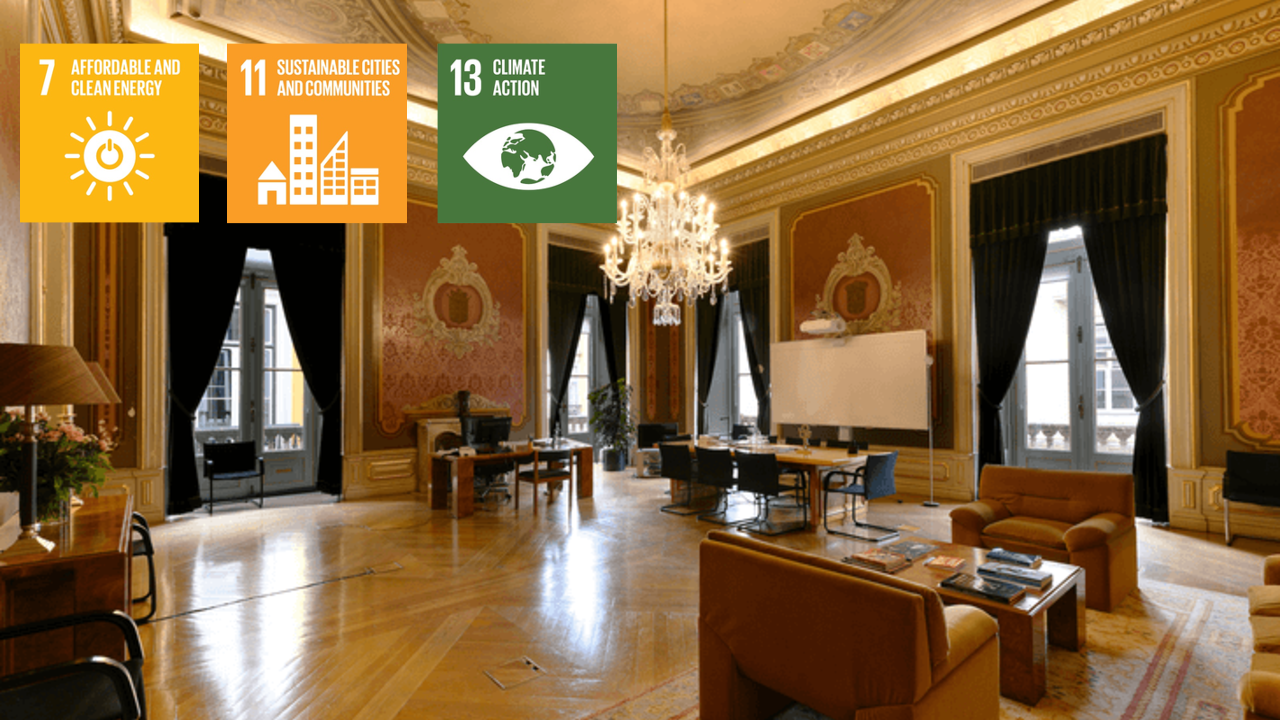
Energetic refurbishment of heritage buildings is for many local governments complex and costly to implement. Nevertheless, renovating heritage buildings is essential to achieve climate objectives as they are often the most energy-intensive buildings in the city. Over one hundred years old, Lisbon's city hall is an iconic building that reflects the image of Lisbon, and of liberal and republican Portugal. It is home to the mayor's office, and is used for city council meetings, as well as high-level receptions for national and international delegations. As it counts both as a service building and as a cultural heritage site, the challenge to renovate it by improving its energy efficiency was considerable.
More info: https://use.metropolis.org/case-studies/a-green-makeover-for-heritage-buildings
Separation at Source Programme
Johannesburg, South Africa
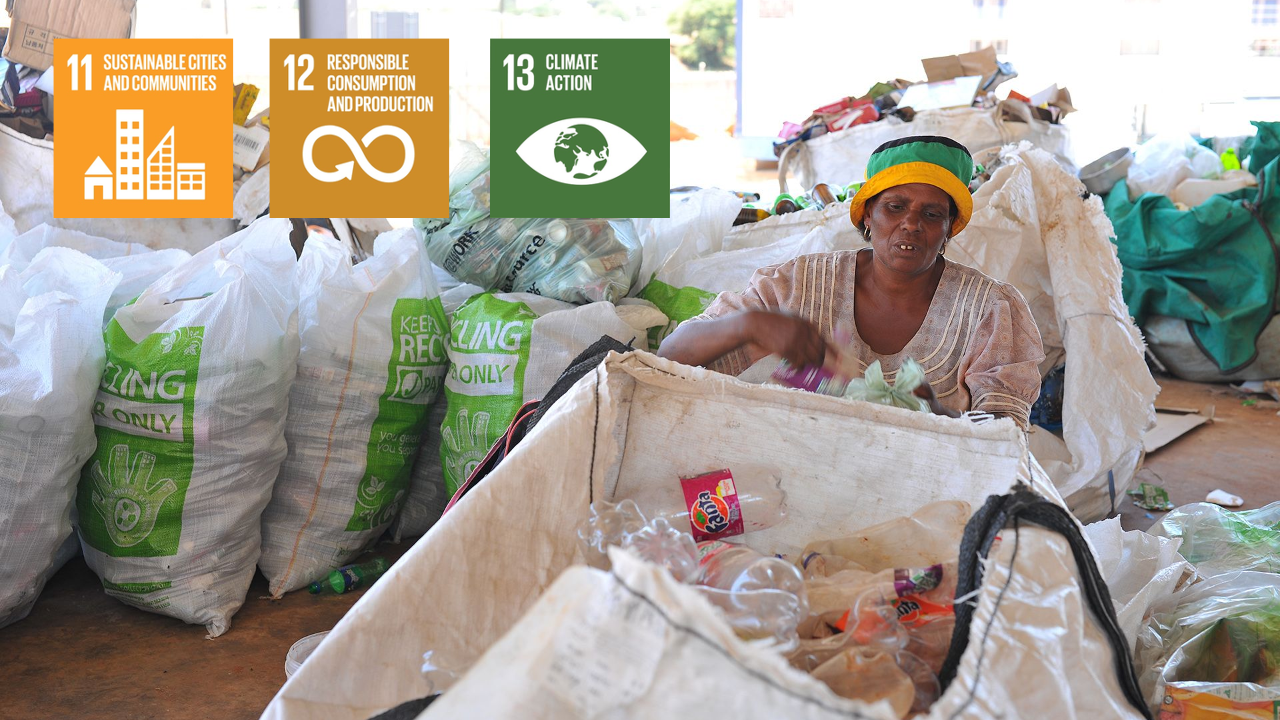
The aim of this initiative is to contribute towards the city of Johannesburg's waste minimization plan and in particular the goal to of diverting 93% of waste away from landfills by 2040. The municipality supports households and businesses to separate recyclables from non-recyclable waste, encouraging a community driven approach to waste management, waste prevention and waste minimisation. This is helping to promote a clean, conscientious and healthy city: One where land is freed up for important things like housing and agriculture, not landfilling; and one where we try not to use more than we need to and save energy through re-using and recycling materials to make new items instead of depleting natural resources.
More info: https://use.metropolis.org/case-studies/separation-at-source-programme-ss
EcoHouse Antwerp
Antwerp, Belgium
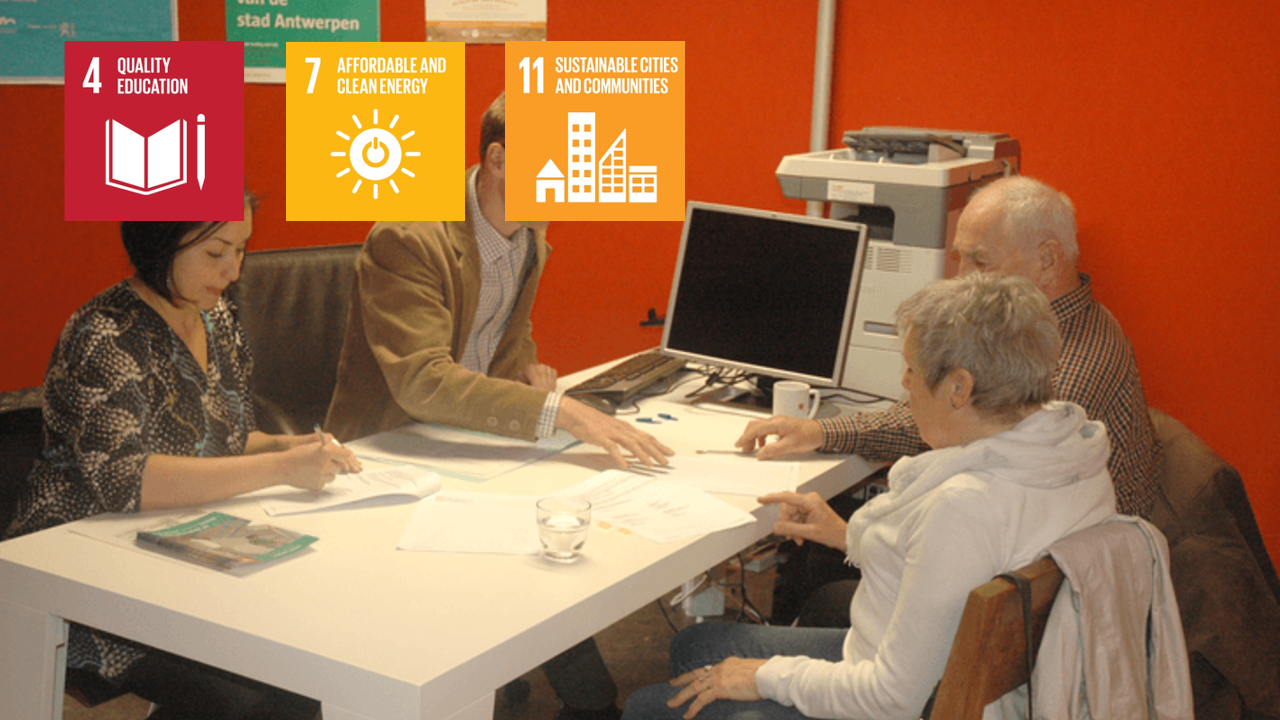
EcoHouse is an advice and demonstration centre for sustainable building and living run by the city of Antwerp. The center is working with Levanto, a social economy association, to combat energy poverty and provide opportunities for disadvantaged groups to gain skills and work experience in the green economy. Levanto conducts energy audits and offers both short- and long-term solutions to low-income households for saving energy and money. Short term solutions include advice on how to change behaviour to save energy. For more advanced solutions, EcoHouse prepares a personalised plan for investing in energy saving infrastructure. EcoHouse can also help low-income households find and negotiate with contractors and coordinate the works to implement these solutions.
Altépetl Program
Mexico City, Mexico
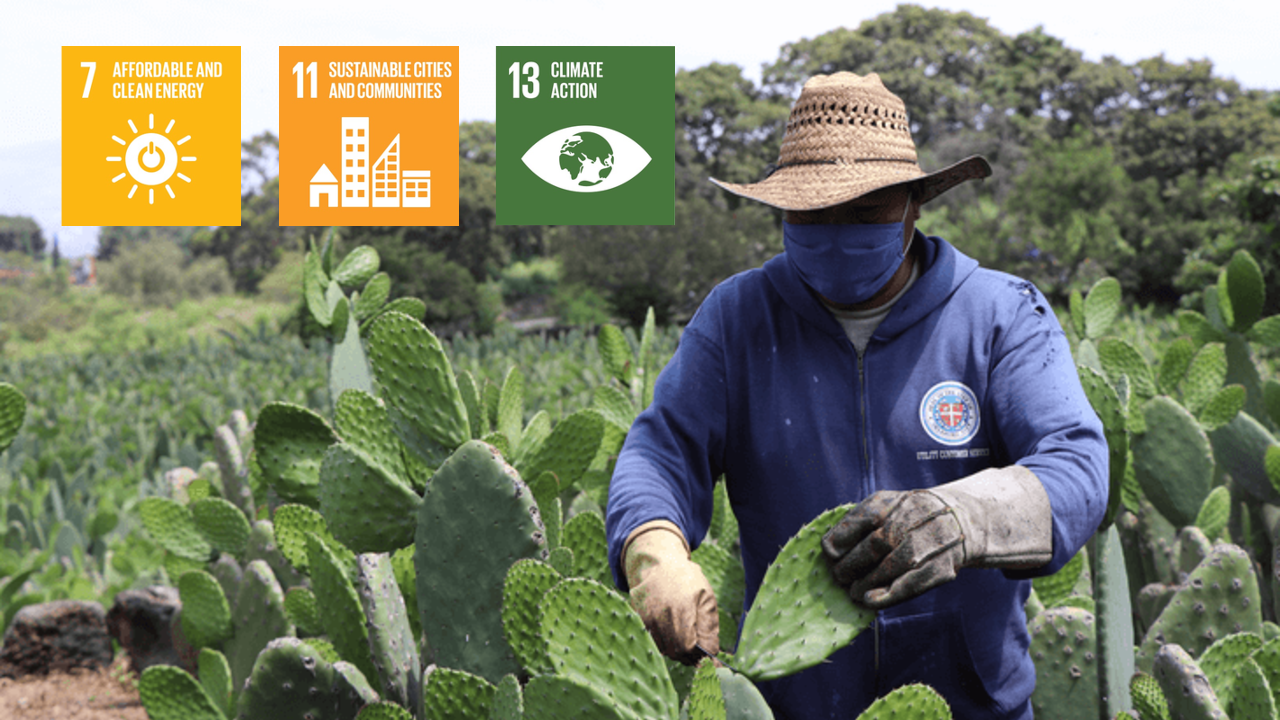
The Altépetl program is focused on the conservation of agro-ecological practices and biocultural heritage in rural areas of Mexico City. Direct monetary subsidies are granted to people who carry out activities of conservation, the sustainable use of natural resources and the protection of cultural heritage in ejidos, communities and private property. With the Altépetl program, brigade members and technicians are supported to carry out forest sanitation, surveillance, environmental protection and other forest management activities. Subsidies are also given to owners and stakeholders to encourage agro-ecological production, the commercialization of products in local markets, as well as initiatives that strengthen community management activities. The program also offers technical assistance to beneficiaries through training courses with technical facilitators and activities for the reconstruction of the social fabric.
More info: https://use.metropolis.org/case-studies/altepetl-program
Houston Sustainability Indicators
Houston, United States
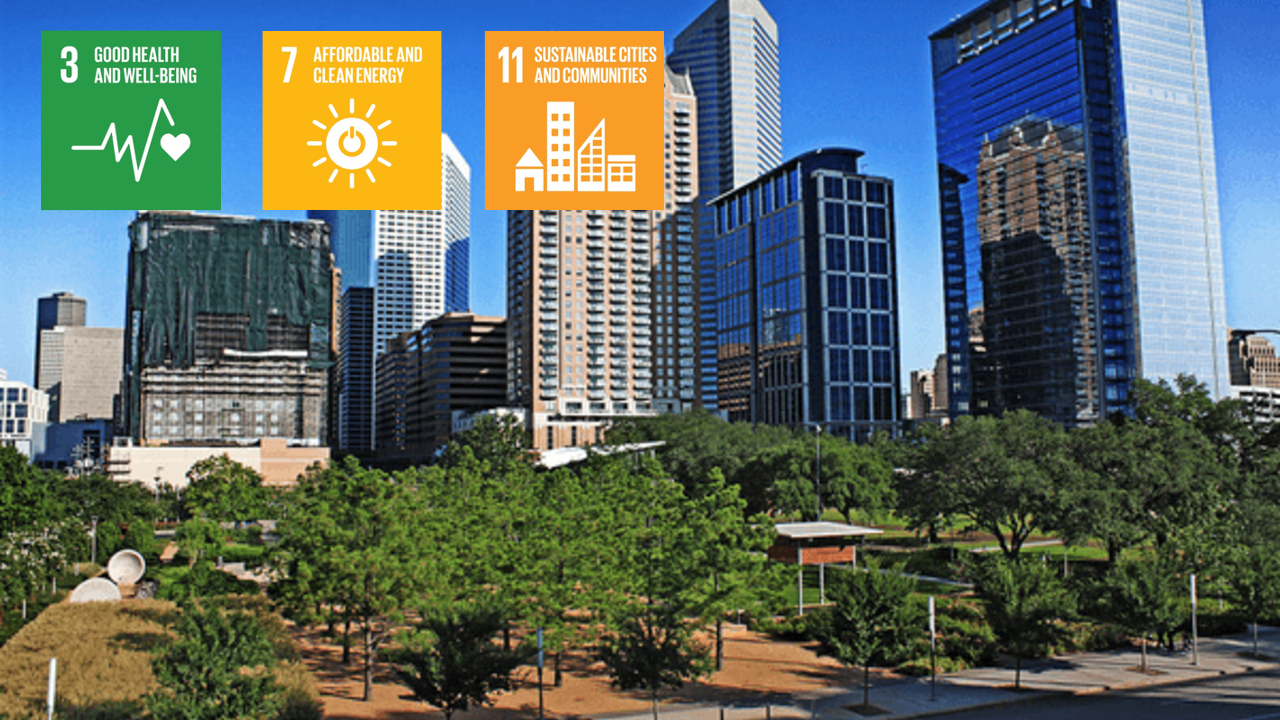
The Houston Sustainability Indicators Project (HSI) has developed a comprehensive community level indicators visualization platform for the City of Houston. HSI currently consists of 25 indicators that cover social, economic, and environmental aspects of local neighborhoods and communities. The indicators include such measures as citywide population forecasts, the locations of food deserts across the city, income inequality, affordability, economic performance, transportation measures, air quality, water use and flooding vulnerability. The indicators are designed to assist decision makers in the City of Houston, community leaders, and the public to become more aware of and take steps to enhance sustainability and resiliency in the city.
More info: https://use.metropolis.org/case-studies/houston-sustainability-indicators
Originally published on use: urban sustainability exchange. use is an open knowledge exchange platform dedicated to sustainable city making.
Visit use: https://use.metropolis.org/
